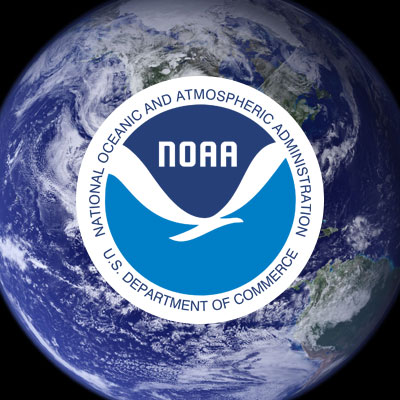
Is it Getting Hot in Here?
Is it Getting Hot in Here? Students discover what causes global climate change, how climate change can affect human communities, and cite evidence of climate change in the 21st century.

Is it Getting Hot in Here? Students discover what causes global climate change, how climate change can affect human communities, and cite evidence of climate change in the 21st century.
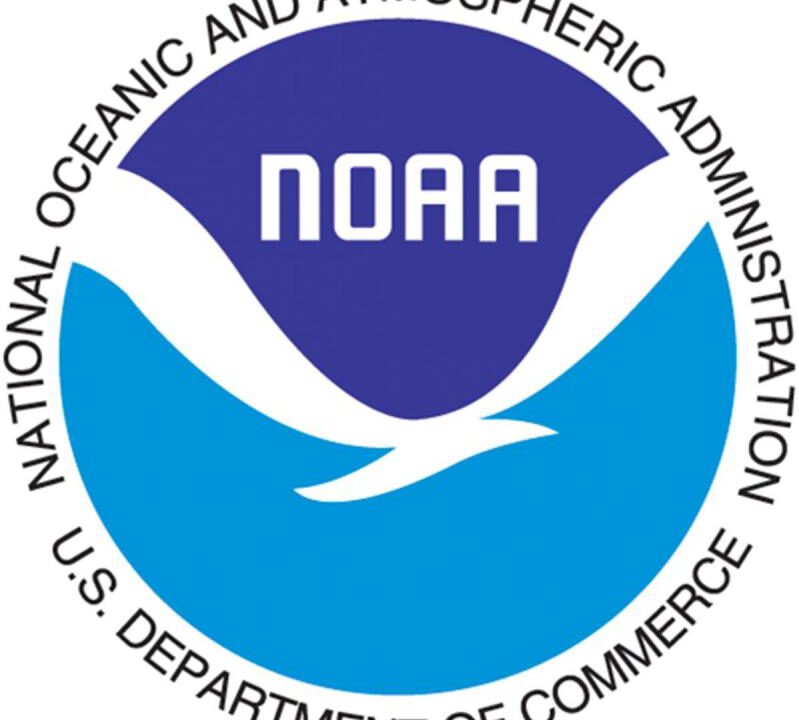
NOAA’S Climate Education resources include activities, research, cases studies, data, charts, and background information on Climate related topics. Topics include Carbon Cycle, Changing Seasons, Climate Change Impacts, Climate Monitoring and
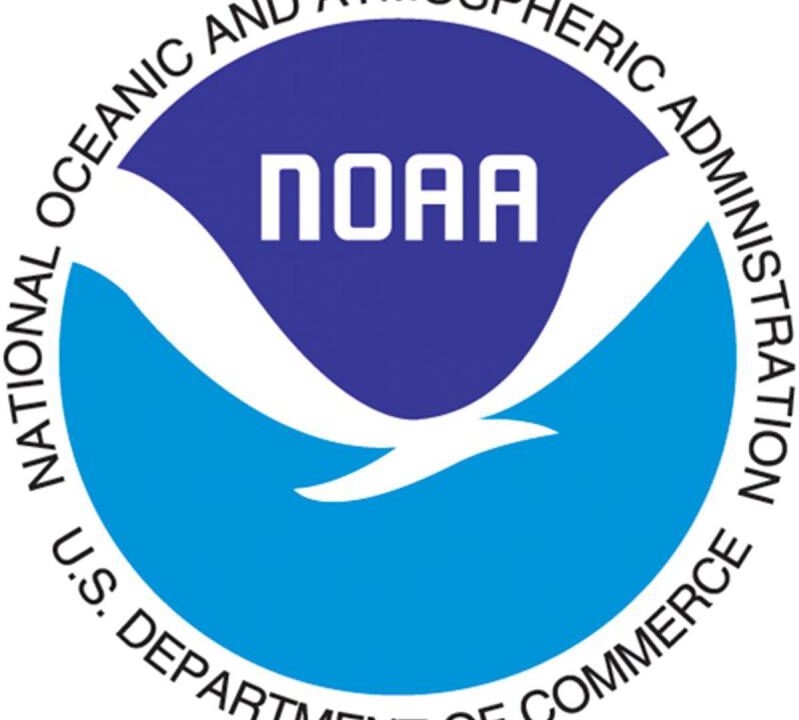
Students can use ocean data to explore today’s pressing environmental issues, and create problem solving skills. Includes online and classroom Lesson Plans and Activities with user friendly data exploration tool.
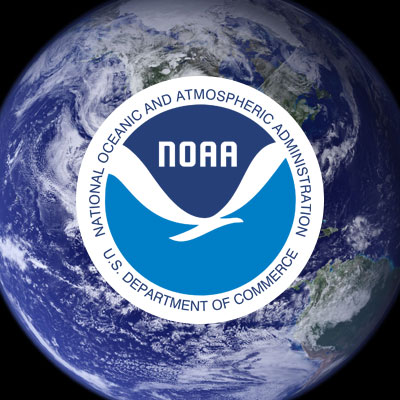
Estuary Food Pyramid Students will build an estuary food pyramid and discuss how marine food webs will be impacted by climate change through a scientific article.
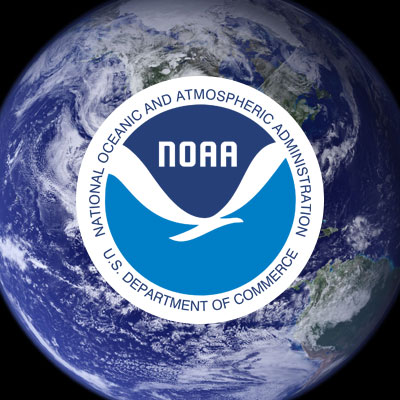
Climate Change and Tides Web-based resources to determine the impact predicted higher tides on coastal areas, devise a plan to mitigate for these tides and discuss how to apply this
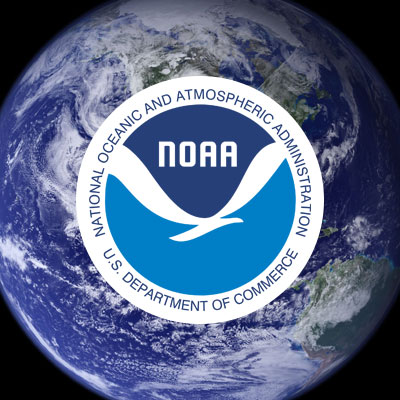
Climate Change and Currents Students learn the effect of ocean currents on climate change and determine how changes in atmosphere and ocean temperatures could change the Great Ocean Conveyor Belt.
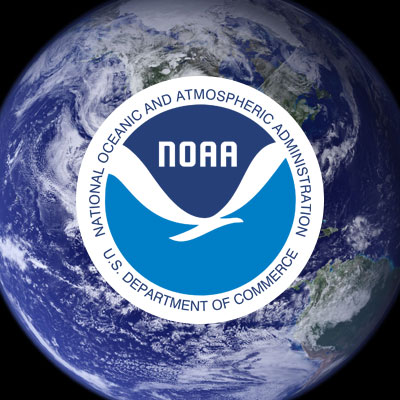
Science on a Sphere Visit your local Science on a Sphere and discover climate change, storms, ocean temperature, and more on the 6-ft. diameter animated globe.
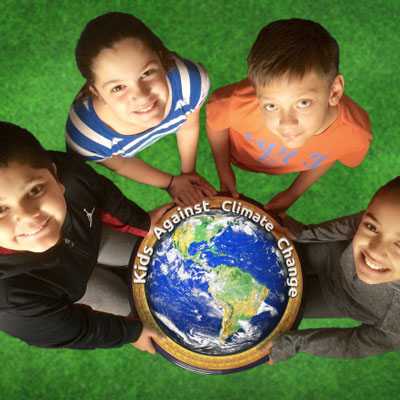
Kids against Climate Change Research based resources and teaching ideas for climate change education for K-5 students. Kids learn climate change and sea level rise impacts and actions kids and

Lesson plans, videos, and other resources for a variety of STEM topics.
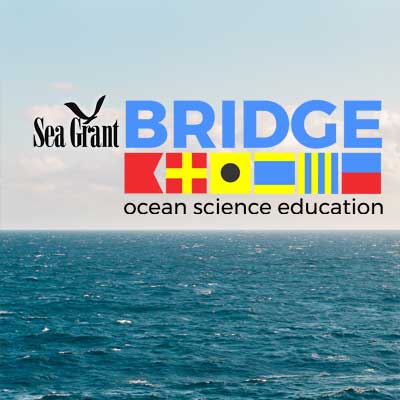
A Virginia Institute of Marine Science BRIDGE Ocean Science webpage that includes lesson plans, activities, data, infographics, and background information.
Notifications